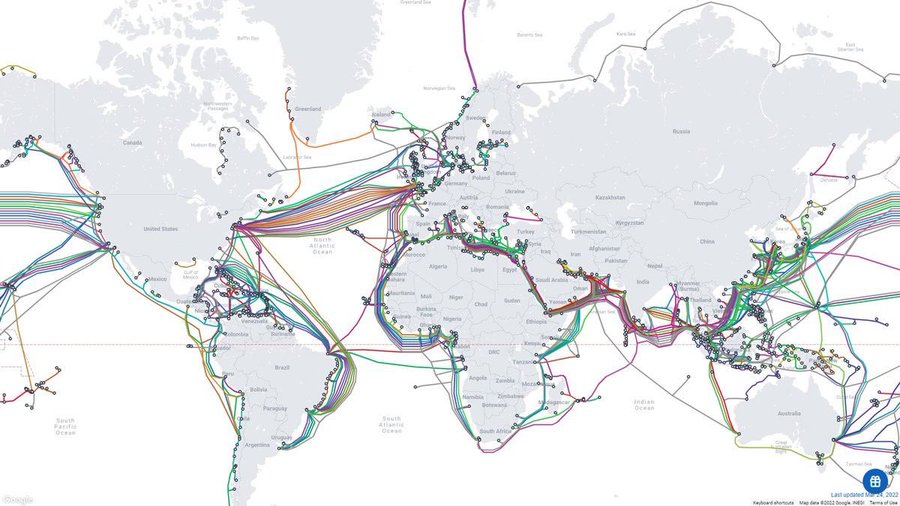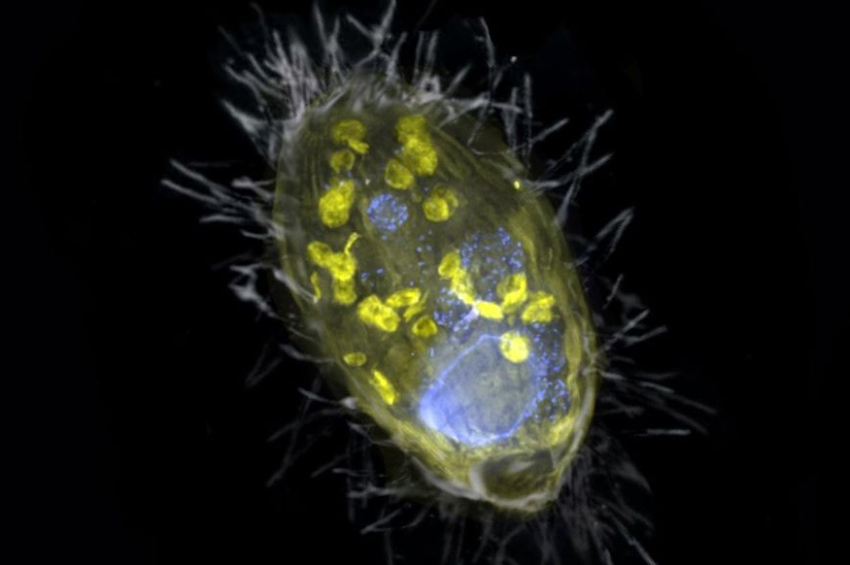NATO: Russia is mapping out EU and US undersea infrastructure
Russia’s military have been scrutinizing and mapping out the undersea infrastructure for a while, a sign that its special forces might be preparing an operation to strike the pipelines and internet cables linking the European Union and the United States.
The news was shared by the intelligence chief of NATO, Assistant Secretary-General David Cattler. He told the media this week that Russian military and Moscow agents are actively studying the land and underwater systems of critical importance for the allies, for the same purpose they did in Ukraine.

"There are heightened concerns that Russia may target undersea cables and other critical infrastructure in an effort to disrupt Western life, to gain leverage against those nations that are providing security to Ukraine," David Cattler told reporters, adding: "The Russians are more active than we have seen them in years in this domain."
Moscow has “considerable resources” including civilian ships and so-called spy ships that could be deployed for surveillance of infrastructure, Cattler stated.
Russian navy ships are seen more frequently in the Atlantic Ocean, North Sea, and Baltic Sea, patrolling near oil/gas platforms, or along underwater cables and pipelines. A Russian ship with a mini-submarine was spotted in the area where a portion of the North Stream 2 gas pipe exploded in September 2022, days before the incident.
Cattler reminded that the undersea cables accounted for 95% of internet communications, which allow at least 10 trillion-dollar transactions each day.
The 400 or so Internet transmitting cables on the ocean bottom are regarded as highly vulnerable to terror attacks, and half of them are critical for the world economy. The traffic goes there at speeds of about 200 terabytes per second.
Norway, which in 2022 has replaced Russia as Europe’s biggest gas supplier, said it was “closely” tracking Russian activity in its waters, which are home to dozens of gas and oil platforms and pipelines vital to Europe’s energy supply.
In the light of these developments, NATO has set up a new taskforce its Brussels headquarters, designed to protect the infrastructure of the allied countries. Its head, Lieutenant General Hans-Werner Wiermann said that the Nord Stream incident had demonstrated the “clear and present danger our critical undersea infrastructure faces” from Russia.
Sources: Reuters, Bloomberg, Politico






![[video] Kawasaki unveils Corleo, a hydrogen-powered robotic horse with AI management](/news_img/2025/04/11/news2_mediu.jpg)
